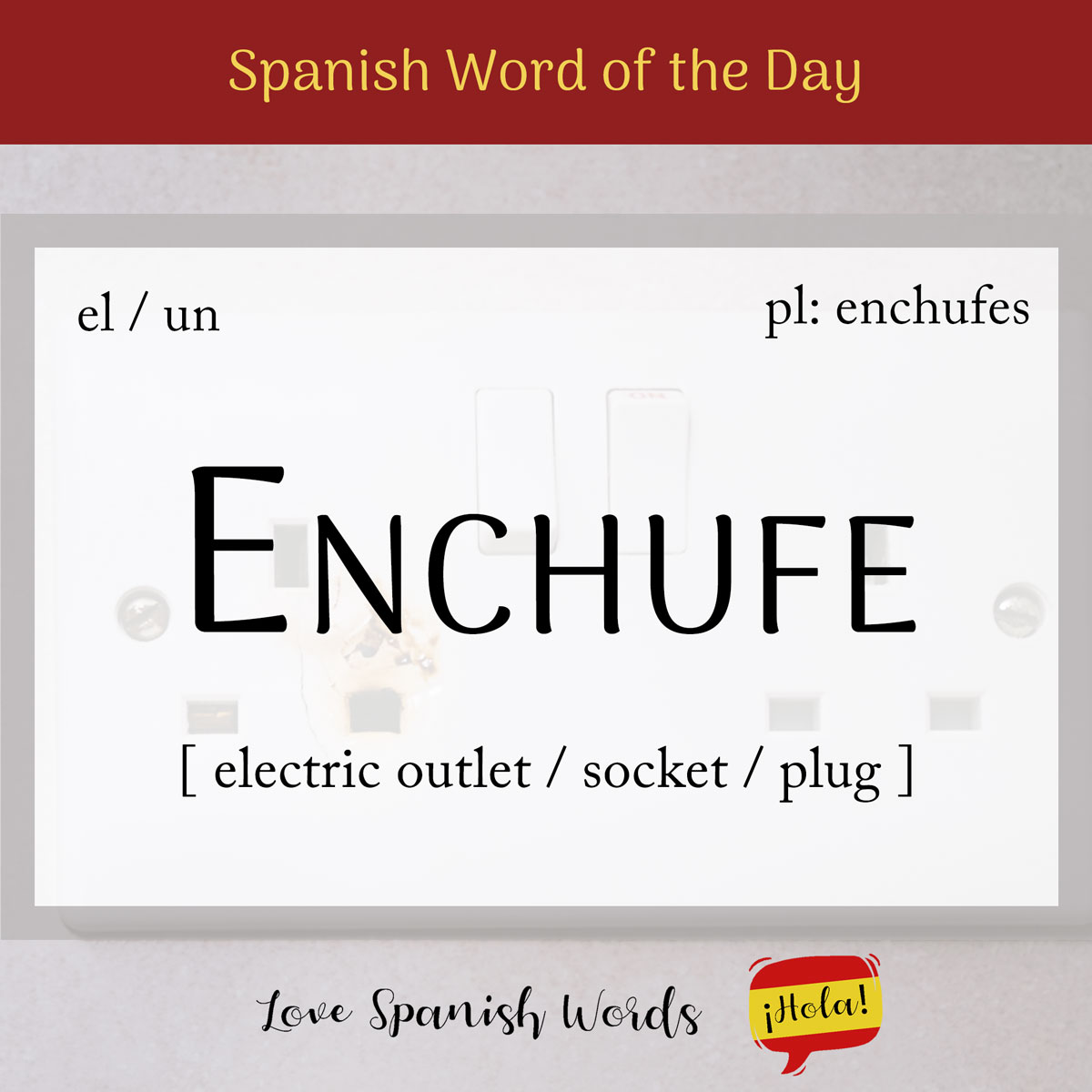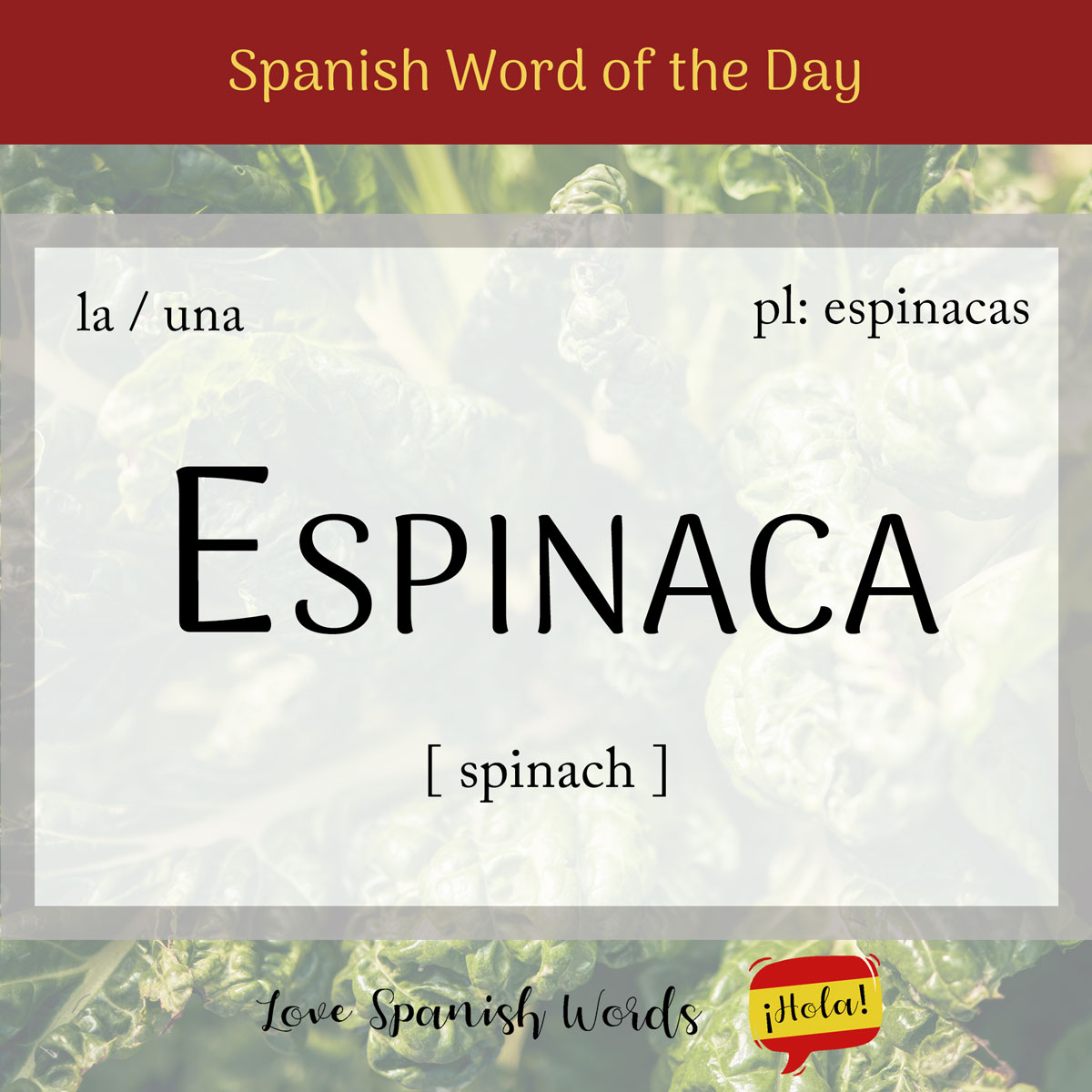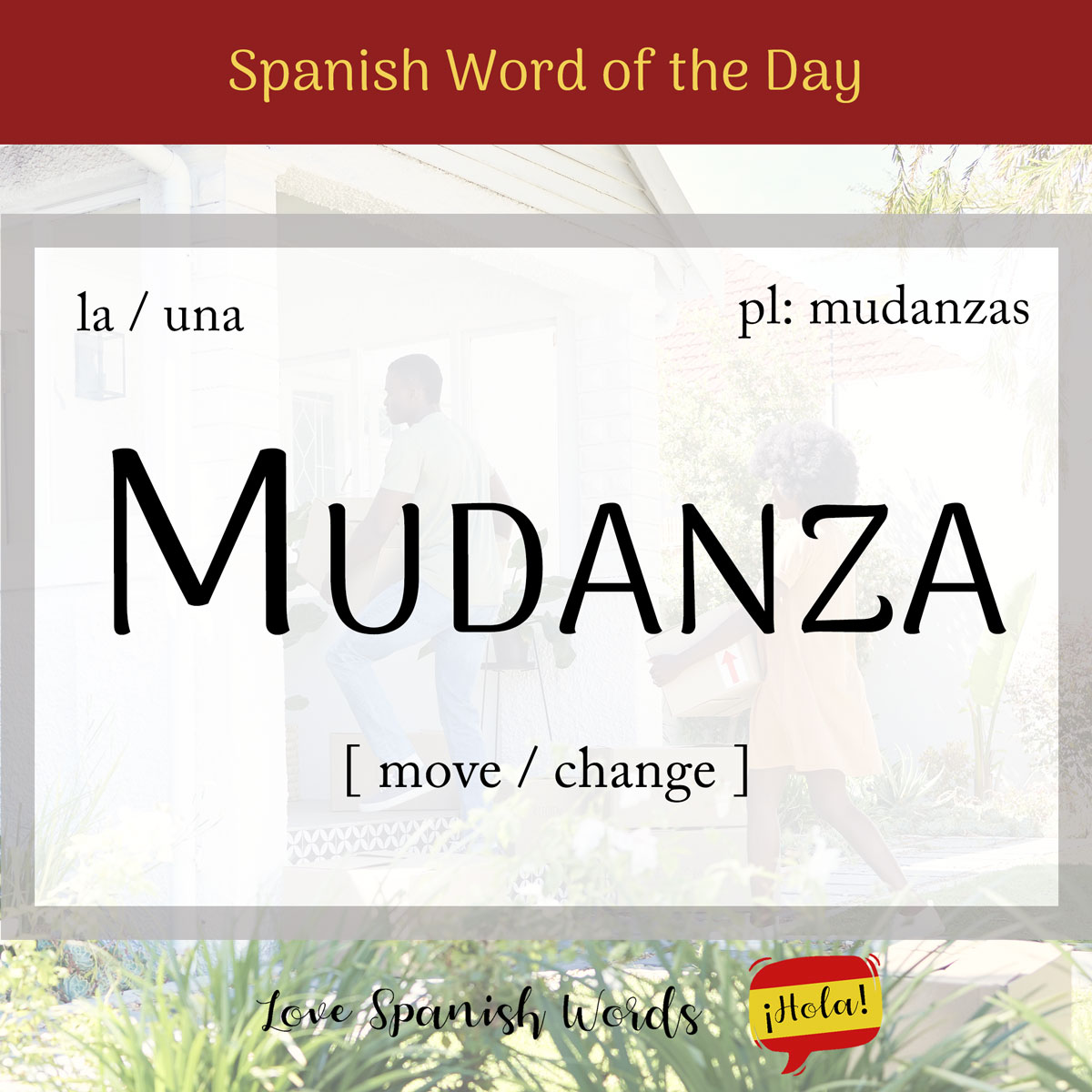Spanish Word of the Day: Medusa (jellyfish)
Medusas, known as jellyfish in English, are fascinating sea creatures believed to be among the oldest on Earth, dating back 500 million years! Their name originates from the Greek language and mythology. The word comes from ancient Greek, médousa, which means guardian or protector. In Greek mythology, this name refers to a winged female monster …





